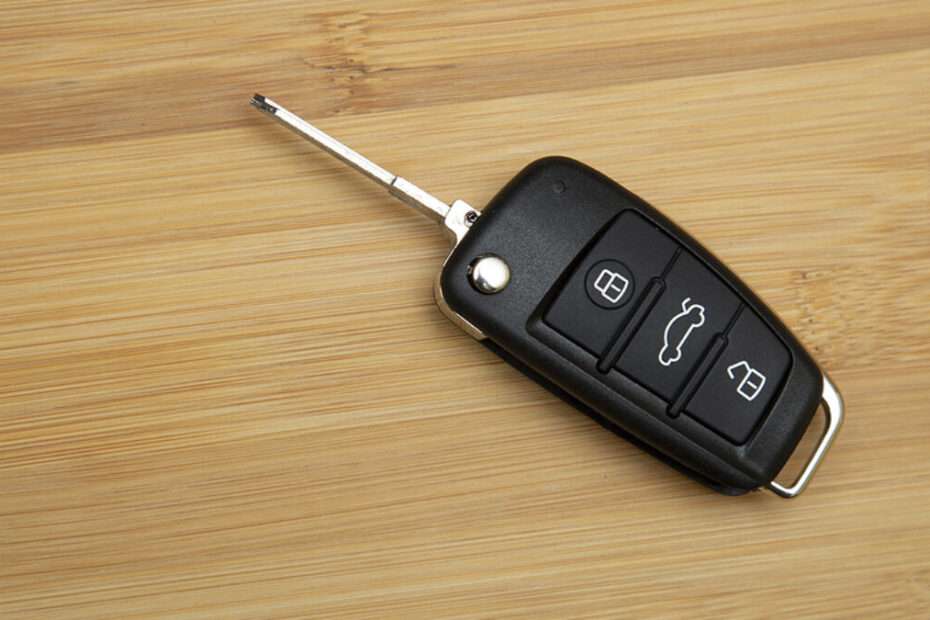Can Locksmiths Make Car Keys With Chips?
Introduction
In the contemporary world, automotive technology has significantly advanced, incorporating intricate security systems like transponder keys, key fobs, and chips. With these technological advancements, a common question arises: Can locksmiths make car keys with chips? The answer isn’t as straightforward as one might think. Let’s delve into the intricacies of modern locksmithing and explore the capabilities of locksmiths when it comes to duplicating or creating car keys embedded with chips.
Understanding the Basics of Car Key Technology
In the past, car keys were predominantly simple, composed of just a metal blade that matched the lock’s mechanism. However, as security threats increased, automotive manufacturers introduced transponder keys and chip-embedded keys. These keys are equipped with electronic chips that communicate with the car’s immobilizer system, enhancing security and preventing theft.
The Role of Locksmiths in Modern Car Key Creation
Locksmiths, traditionally skilled in crafting and duplicating keys, have had to adapt to these technological advancements. Many reputable locksmiths have invested in specialized equipment and training to cater to the evolving needs of the automotive industry. This has enabled them to offer services like key cutting, key fob programming, and even transponder key programming.
Challenges Faced by Locksmiths
While skilled locksmiths can handle basic key cutting and duplication, creating or duplicating keys with chips is a more complex task. The intricate nature of the embedded chips, which are uniquely programmed to communicate with a specific vehicle, poses a challenge. Additionally, the proprietary nature of these chips and their corresponding software makes it difficult for locksmiths to access the necessary information.
The Legality of Car Key Duplication
The legality of duplicating car keys with chips can vary depending on the jurisdiction and the specific circumstances. In many regions, locksmiths are required to adhere to strict regulations to ensure that the security of vehicles is not compromised. Some manufacturers also impose restrictions on duplicating keys with chips, making it essential for locksmiths to acquire proper authorization before undertaking such tasks.
The Evolution of Locksmithing Techniques
With the continuous evolution of technology, locksmiths have strived to stay updated and equipped with the latest tools and knowledge. Some locksmiths have established collaborations with automotive manufacturers or dealerships, allowing them to access the necessary codes and software required for key programming. These partnerships have facilitated the legal duplication of keys with chips, ensuring that the security protocols are maintained.
The Future of Locksmithing in the Automotive Industry
As automotive technology continues to advance, the role of locksmiths will become increasingly critical. Locksmiths must continue to adapt to the changing landscape by acquiring the necessary expertise and tools to meet the demands of modern vehicles. Furthermore, establishing stronger relationships with manufacturers and staying informed about industry advancements will be vital for locksmiths to continue providing valuable services to vehicle owners.
Conclusion
In conclusion, the question of whether locksmiths can make car keys with chips isn’t a simple yes or no. While there are challenges and restrictions associated with duplicating or creating keys with chips, many locksmiths have demonstrated the capability to perform such tasks within legal boundaries. As technology progresses, it is imperative for locksmiths to remain adaptable and knowledgeable, ensuring they can continue to provide essential services while upholding the integrity of vehicle security systems.
If you’re looking for a reliable locksmith in Ottawa area then give Ottawa Locksmiths a Call at (613) 777-5480.

